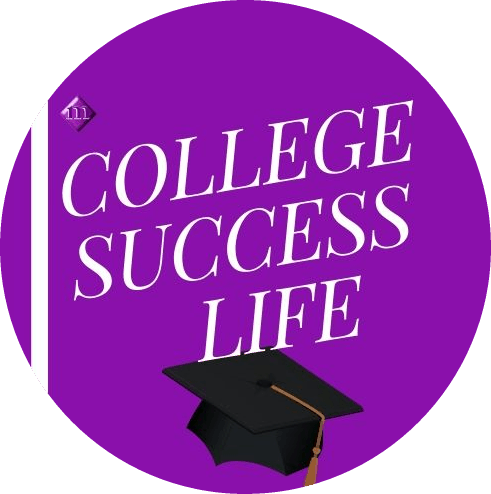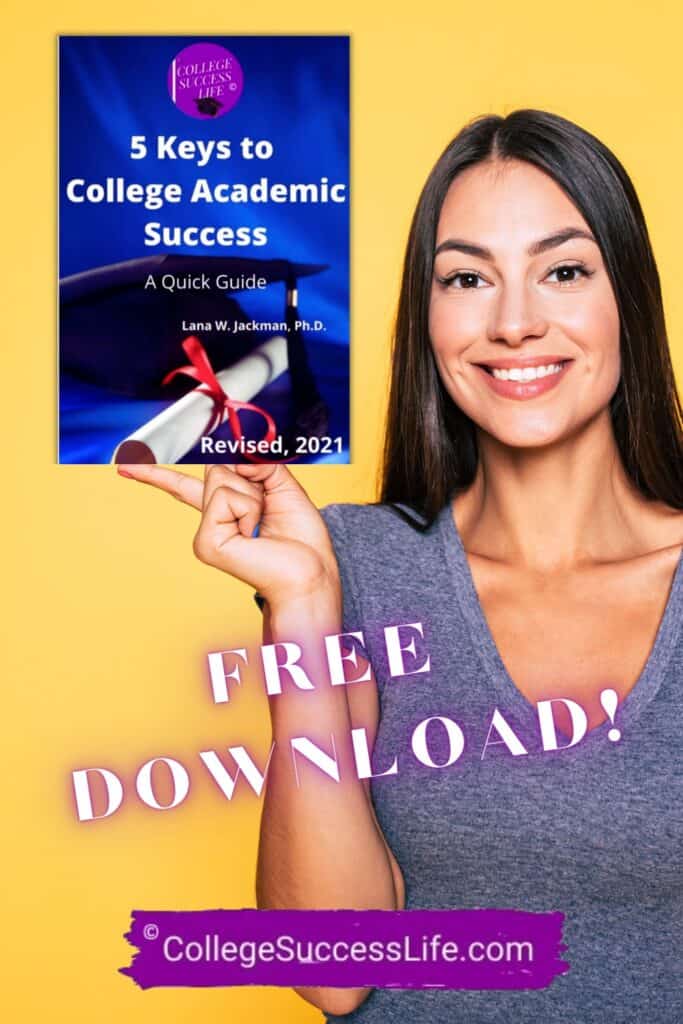Your Pre-College Checklist Strategic Guide
If you’re a junior or senior in high school and thinking about going to college, add our Pre-College Checklist Strategic Guide to your resource list.
We designed this Pre-College Checklist especially for you!
Review the pre-college checklist carefully. Also discuss it with friends, family, and even your high school guidance counselor. Get their thoughts, opinions, and ideas.
Take what you learn and filter it through your “what’s best for me” lens.
Always remember, you’re the one who will be attending class, writing research papers, and taking exams.
So, the ultimate responsibility for success will be all yours…and that’s a good thing!
Your Pre-College Checklist
- Think about who you are, your skills, talents, and goals. And be honest with yourself.
- During this time, let your real interests guide your decisions. Always have a Plan B.
- Keep earning good grades; get involved with school/community activities that give you an opportunity to shine.
- If required, study for and take the ACT/SAT but no more than three times. Try not to let anxiety overwhelm your focus.
- Think about if you’re really ready to be independent and how far away from home do you want to go.
- Think about the size of the institution and relate it with your interests in terms of potential opportunities.
- Think about costs in-state, public, and private. Apply for federal student financial aid (FASFA).
- Create an online file to host all of your college application materials.
- Then create, in order of preference, an Excel College Application Graph listing interest, size, location, total cost of education, and scholarships.
- Ask your favorite teachers for letters of recommendation. Do this early. Help them craft a good recommendation by offering a copy of your resume as a profile guide and the list of the colleges you plan to submit applications.
- Write at least 3 essay drafts that can be tweaked to tailor fit the individual colleges and scholarship programs on your college application list.
- Whenever possible and financially feasible, visit college campuses of your choice, attend college fairs, and meet with Admissions Alumni recruiters.
- Also include on your college list area community colleges…Many offer invaluable professional programs…do not assume that they are not of value to you. Check them out first!
- Always THINK and DO with your own interests in mind. Never be afraid to ask questions…how else are you going to learn your most informative answers to make the right decision for you!
Whew! The list is a little long, but the information is definitely worthwhile. Don’t read it all at once. Review segments. Share this link with family and friends.
A downloadable Pre-College Checklist Strategic Guide Fact Sheet is also available in our Resource Library under Free College Study Guides.
As with any meaningful endeavor, always remember “Begin with the End in Mind.” Feel free to contact us if you have any specific questions or concerns. The Best of Luck!
#college #collegesuccesslife #highschool
A Word to the Wise...
An Academic Pearl of Wisdom
Whenever a college student faces an academic and/or social challenge, they often ask a peer or a friend first for advice.
And that’s okay.
However, resolving the issue to your best advantage often requires consulting with an academic advising professional as well.
Your academic adviser knows the campus academically, administratively, and socially.
And what they don’t know, they can point you to the person who does know. Include this strategy in your current plan for college success.
And we're always available to help as well!
Disclaimer Reminder: A college student's first line of inquiry should always be with their campus academic adviser. College Success Life Advising Sessions provide additional problem-solving options to undergraduate and graduate students for further exploration on their individual campuses. Students should always consult their assigned adviser not only during the course selection process but periodically to keep apprised of programmatic changes, testing requirements, course additions/deletions, GPA modifications, etc.
Disclosure: This page contains affiliate links, which means we will make a commission at no extra cost to you, if you make a purchase after clicking my link.










